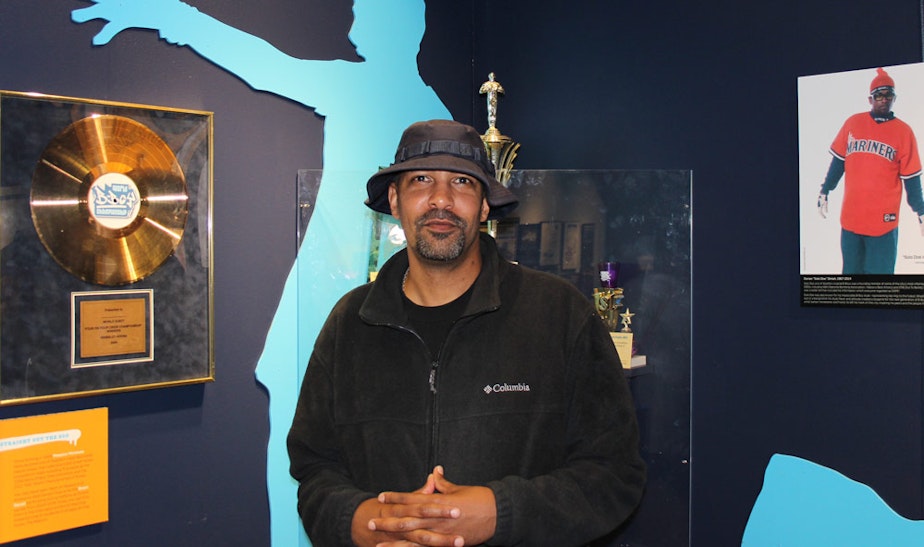What we can learn from a 1938 police brutality case in Seattle

Washington state has one of the toughest laws for convicting police officers who kill civilians, but that wasn't always the case.
Seattle-based historian Dr. Daudi Abe shared the story of Berry Lawson, a 27-year-old African-American waiter who lived at the Mount Fuji Hotel, downtown, in 1938.
One night, Lawson was asleep in a chair in the lobby of this hotel when he was approached by three Seattle police officers who accused him of loitering.
An altercation ensued and 90 minutes later, Lawson was pronounced dead at the hospital with a fractured skull. The coroner cleared the officers of any wrongdoing.
Immediately, the African American community applied pressure through a series of meetings with the police chief and mayor, and within a few days, the city launched an investigation.
In April, the officers were charged with second degree murder and had their badges taken away.
Eventually they were convicted of manslaughter and sentenced to 20 years. In the following months, however, all three officers were pardoned by Gov. Clarence Martin, and the final officer to gain his freedom took responsibility for Lawson’s death.
“This was happening at a time when black citizens were routinely killed by police with no public outcry — I mean, that's the way that things were done. But this story tells us that at one time there was a mechanism in place that allowed for an officer to be judged fairly in front of a jury.
“Even though the officers didn't spend a lot of time in jail, the fact that they were prosecuted and stripped of their authority was an incredible thing for that time.”
Abe said that the deaths of so many African Americans at the hands of the police indicates that we’re slipping backwards to the society that Lawson lived in. He said that while Washington has been a relatively progressive state — it was only one of six states not to ban interracial marriage and made segregation in schools illegal.
“It gives a kind of a self-congratulatory vibe to this place, racially speaking. We pat ourselves on the back, ‘yeah we're not like them.’ But are we resting on our progressive laurels or are we actually trying to engage in these difficult conversations?
“It's going to take difficult conversations in order to bring about change.”
Read more about the Berry Lawson case in Quintard Taylor’s book, "The Forging of a Black Community: Seattle’s Central District from 1870 through the Civil Rights Era"

